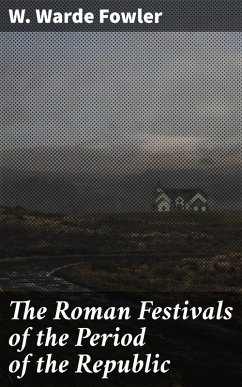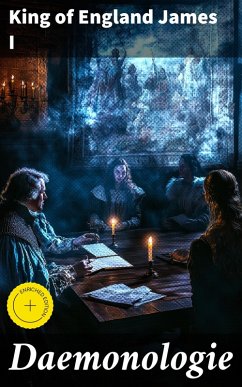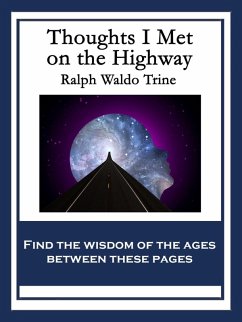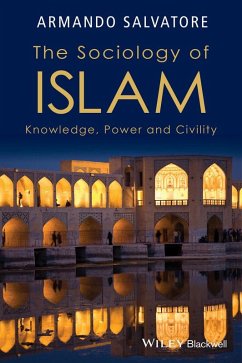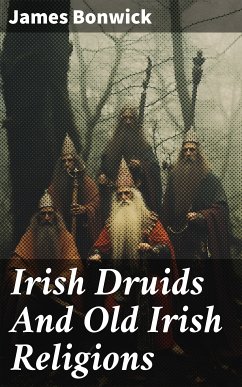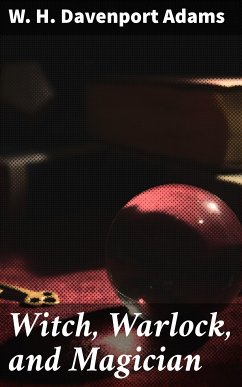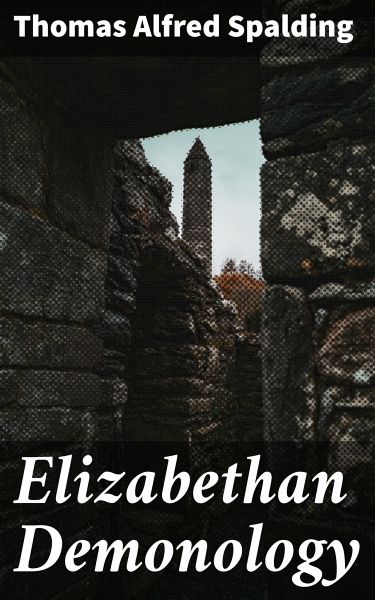
Elizabethan Demonology (eBook, ePUB)
Enriched edition. Exploring Supernatural Beliefs in Elizabethan Society
Kommentar: Howard, Ariana / Redaktion: Good Press
Versandkostenfrei!
Sofort per Download lieferbar
1,99 €
inkl. MwSt.
Weitere Ausgaben:

PAYBACK Punkte
0 °P sammeln!
In "Elizabethan Demonology," Thomas Alfred Spalding intricately explores the rich tapestry of belief, superstition, and the complex cultural dynamics surrounding demonology during the Elizabethan era. Spalding employs a meticulous scholarly style that blends historical analysis with literary critique, examining texts from canonical authors such as Christopher Marlowe and William Shakespeare, while drawing connections to contemporary societal anxieties about witchcraft and the supernatural. The book situates itself within the broader context of Renaissance humanism, illuminating how societal sh...
In "Elizabethan Demonology," Thomas Alfred Spalding intricately explores the rich tapestry of belief, superstition, and the complex cultural dynamics surrounding demonology during the Elizabethan era. Spalding employs a meticulous scholarly style that blends historical analysis with literary critique, examining texts from canonical authors such as Christopher Marlowe and William Shakespeare, while drawing connections to contemporary societal anxieties about witchcraft and the supernatural. The book situates itself within the broader context of Renaissance humanism, illuminating how societal shifts influenced perceptions of good and evil, as well as the role of the individual in confronting these forces. Thomas Alfred Spalding, a noted literary scholar and historian, has devoted much of his academic career to exploring the intersections of literature, history, and cultural studies. His deep-rooted interest in the socio-political landscapes of the 16th century informs his analysis, allowing him to provide insight into how personal and collective fears manifested in literary ways. Spalding's extensive background in Elizabethan literature enhances his exploration of the multifaceted views on demonology that permeated the period. "Elizabethan Demonology" is an essential read for scholars and enthusiasts of Renaissance literature and cultural history. Spalding's thorough examination not only enriches our understanding of the era's literary works but also encourages reflection on how these historical perceptions of demonic forces continue to resonate in contemporary discussions about morality and faith. In this enriched edition, we have carefully created added value for your reading experience: - Hand-picked Memorable Quotes shine a spotlight on moments of literary brilliance. - Interactive footnotes clarify unusual references, historical allusions, and archaic phrases for an effortless, more informed read.
Dieser Download kann aus rechtlichen Gründen nur mit Rechnungsadresse in A, B, BG, CY, CZ, D, DK, EW, FIN, F, GR, H, IRL, I, LT, L, LR, M, NL, PL, P, R, S, SLO, SK ausgeliefert werden.






